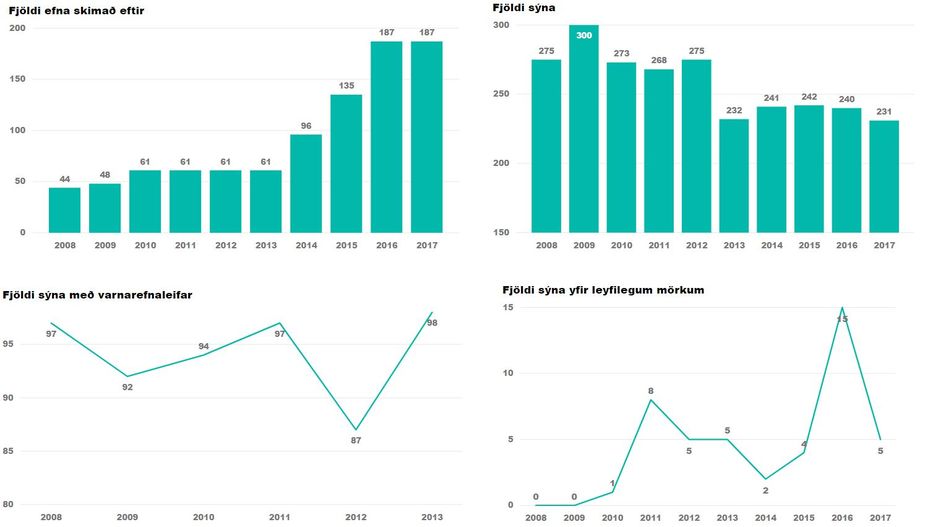The debate on agriculture has intensified recently. The discussion has revolved around antibiotic-resistant bacteria in food, micro-slaughter and risk assessment, to name but a few. But how do Icelanders stand when it comes to building scientific knowledge on the state of food security in Iceland?
In 2014, Matís, in collaboration with BfR in Germany, Matvælastofnun, the Ministry of Industry and Innovation and other parties, embarked on the implementation of the project. Safe Foods. Its main goal was to build research infrastructure so that, among other things, pesticides could be detected in fruit and vegetables in a better way than before. Today, a total of 187 pesticides can be detected with the equipment that Matís has at its disposal.
The purpose of the Food Act is to ensure, as far as possible, the quality, safety and hygiene of food. With the update of the law in 2010, in accordance with European food legislation from 2002, much greater emphasis was placed on risk assessment and information dissemination than before, and scientific data play a key role in this context. Below you can see the main information on pesticide measurements in recent years that has been published in the annual reports of the Food Administration.

For further information, contact Vordís Baldursdóttir and Sveinn Margeirsson at Matís.
